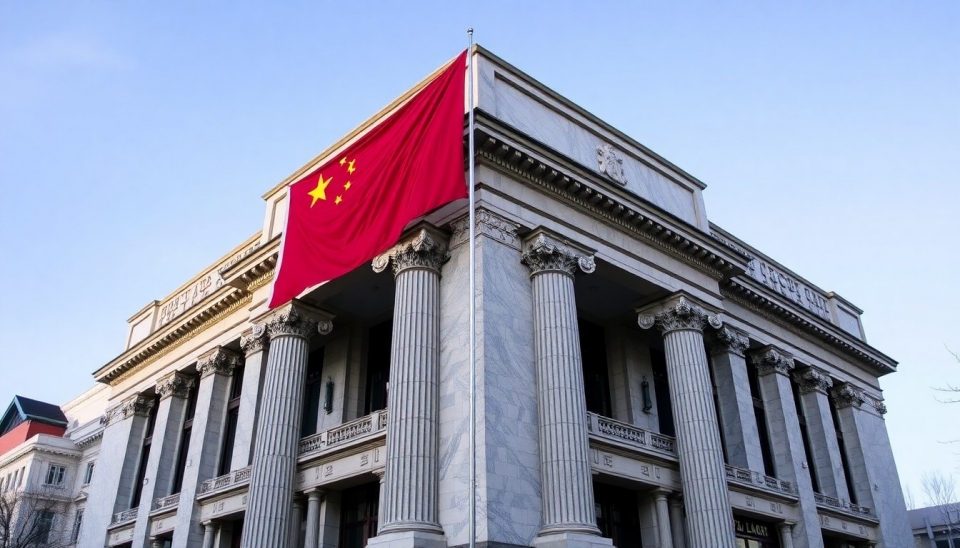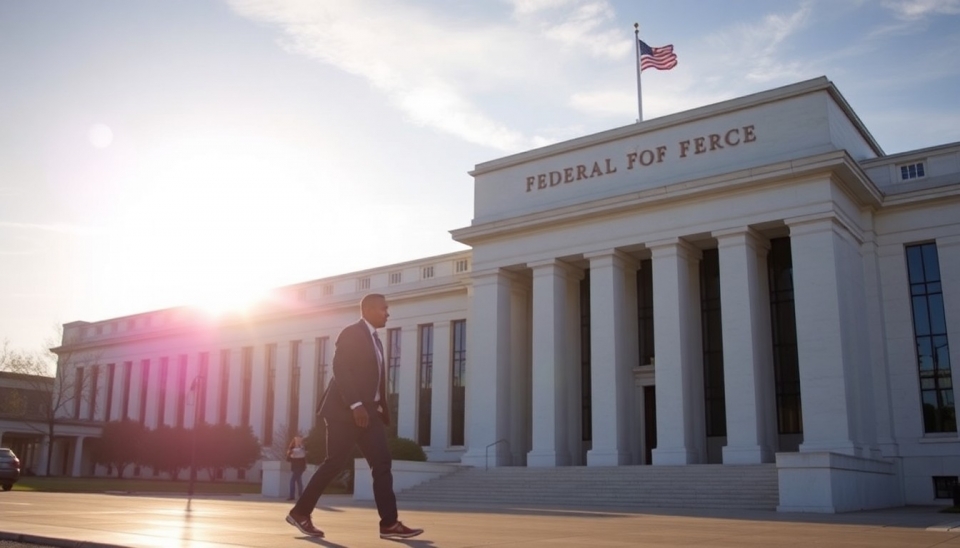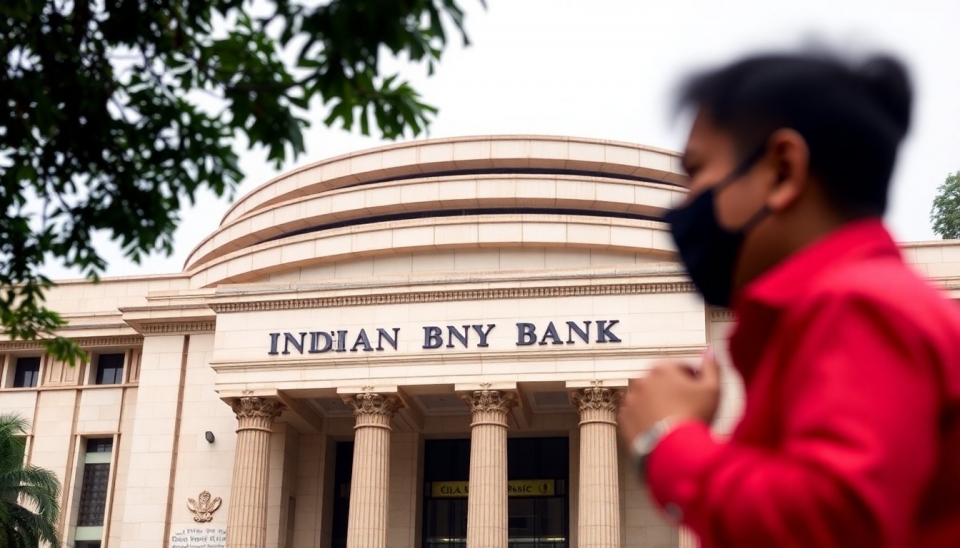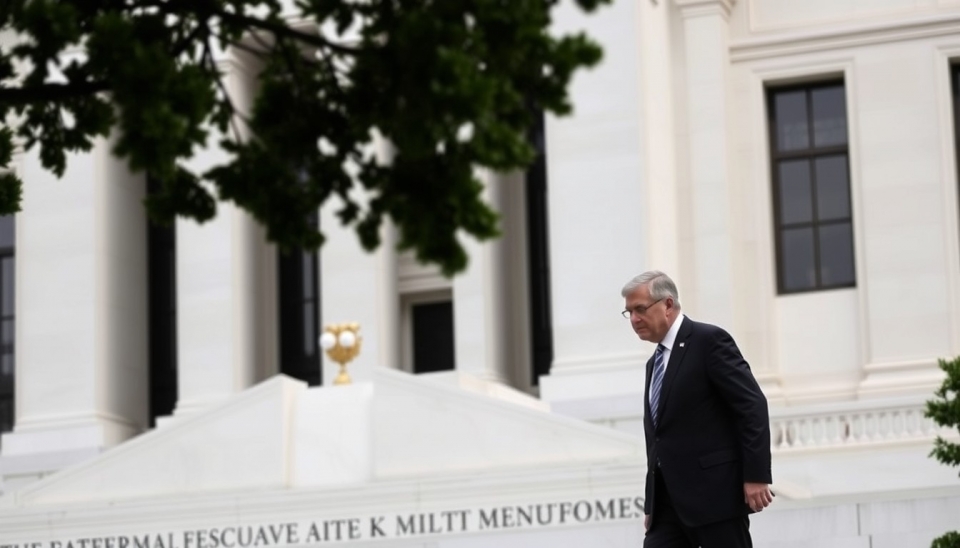
Chinese Central Bank Orders State Banks to Reduce US Dollar Purchases
The People's Republic of China continues to strengthen its control over its financial market, this time tightening restrictions on US dollar purchases. The country's central bank has issued a directive to major state-owned banks requiring them to cut back on the volume of American currency purchases. This move has been interpreted as a response to long-standing threats from the US regarding Chinese economic practices.
Continue reading
Consumer Economic Expectations Drop to Lowest Level in 12 Years, Triggering Recession Warning
According to the latest survey, consumer expectations regarding the short-term economic situation have fallen to the lowest level in the past 12 years. Amid rising inflation and instability in financial markets, many Americans are expressing pessimism about future economic prospects. Economists are beginning to sound the alarm, citing this decline as a potential precursor to recession.
Continue reading
Job Cuts: Companies Brace for Economic Challenges in 2025
As 2025 approaches, many companies are reevaluating their strategies and cutting jobs in response to anticipated economic changes. This trend raises concerns among workers as it is expected that the economic situation will become more challenging in the coming years.
Continue reading
State Farm Requests Rate Increases in California Following Devastating Wildfires
The insurance company State Farm has recently filed an official request with California regulators to approve an increase in insurance rates for its customers. This decision was made following a series of devastating wildfires that swept through the state, leaving behind immense damages and increasing costs for insurance companies. State Farm argues that the rate hike is necessary to ensure financial stability and the ability to pay claims for affected households.
Continue reading
Data Dangers: How Brokers Are Threatening Your Retirement Security
Recent studies have shown that the activities of so-called "data brokers" can seriously negatively affect the financial stability of Americans when they retire. These companies collect, analyze, and sell personal consumer data without their knowledge or consent, jeopardizing the integrity of various financial operations, including retirement savings.
Continue reading
Federal Reserve in No Rush to Reach Neutral Interest Rate, Says Jerome Powell
The Chair of the U.S. Federal Reserve, Jerome Powell, recently stated that the central bank is not in a rush to reach the neutral interest rate, which is deemed the optimal level to stimulate the economy without overheating it. In a meeting with reporters, he explained that the Fed's approach is aimed at maintaining economic stability rather than hastily achieving specific targets.
Continue reading
Indian Central Bank Tightens Scrutiny of Credit Activity
The Reserve Bank of India has decided to intensify its measures to control credit activity amid growing concerns over excessive borrowing. This decision is part of efforts to maintain financial stability and minimize risks related to a potential rise in loan defaults. The bank's monetary policy committee plans to closely monitor credit institutions as the country grapples with concerns about the sustainability of economic growth and possible negative consequences associated with rising debt.
Continue reading
Norway Keeps Interest Rate Steady, Signaling Cuts Aren't Likely Until 2025
The Central Bank of Norway has decided to maintain its interest rate at 4.25%, announcing that any plans for cuts are not likely to materialize until 2025. This decision is driven by a desire to support economic stability in the country amid various market influences, including rising inflation and changing work conditions.
Continue reading
Federal Reserve Creates Policy Space in Global Economy
The Federal Reserve of the United States (Fed) is opening new opportunities for monetary policy both domestically and internationally. The latest Fed meeting concluded with interest rates remaining unchanged, providing central banks in other countries with greater maneuvering space. This decision was made against the backdrop of increasing global instability and economic uncertainty.
Continue reading
The Federal Reserve Cuts Rates by Half a Point in a Decisive Move to Defend the Economy
In a historic decision, the Federal Reserve of the United States has lowered its key interest rate by half a point in response to growing economic threats. This rate cut comes as a reaction to the slowing economic growth that raises serious concerns among financial analysts and experts discussing the impact of global changes on the country’s economic stability.
Continue reading